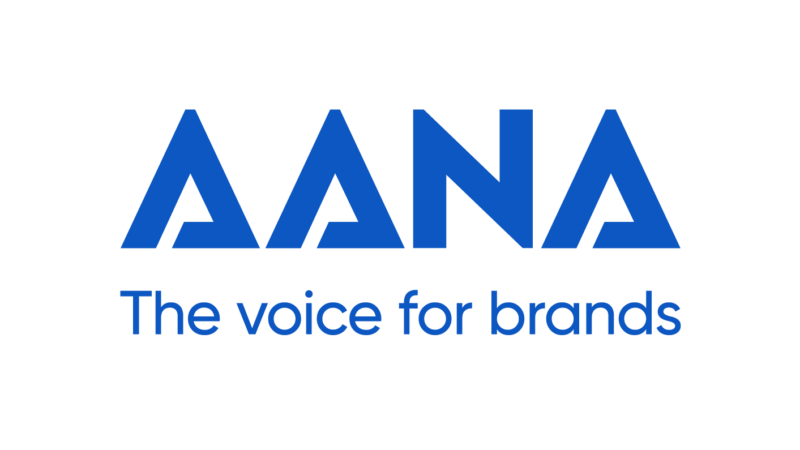New Children’s Advertising Code in full effect for Christmas advertising blitz
Almost 18 months after the Australian Association of National Advertisers (AANA) announced a review of its Children’s Advertising Code, a revised set of regulations have today taken effect.
The revamped code was revealed in August, giving advertisers just over three months to prepare for the new regulations, which extends beyond children’s product, addressing the evolving ways that children are consuming media.


